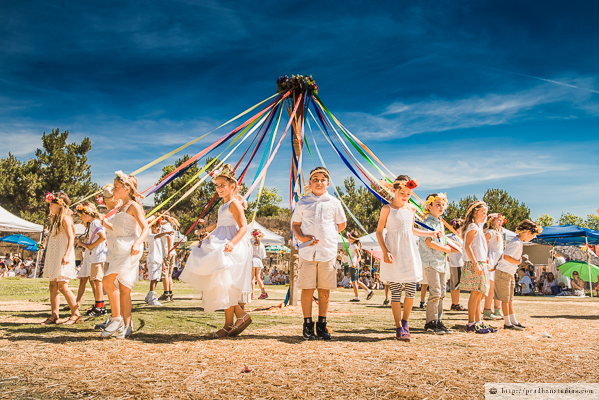I was recently interviewed for an upcoming article to appear in OC Family Magazine featuring Waldorf Education and Journey School. The columnist asked me numerous questions, including the one below. I wanted to share my response with the hope that it sparks reflection and conversation:
Columnist: “What are your thoughts on education being a journey versus a race (particularly with all the emphasis on testing elsewhere)?”
Shaheer: “As the first parent-initiated charter school in Orange County, we are committed to preparing our students for high school, successful careers, and fulfilling lives. We believe in an accountability system that includes broad measures of student learning and school success. This means that we engage in a long, well-rounded view of education taking into account proven knowledge about child and adolescent development and how learning best occurs. Our students continue to show marked improvement on all assessments — including their performance on the California Standards Tests. In spite of societal pressure to go the opposite direction, we’ve stood by our founding principle that education is a journey, not a race.
Let me give you two concrete examples to illustrate. First, because we understand that a child’s brain grows in spurts, releasing new capacities in the maturing student over time, our curriculum and methodologies are aligned with certain developmental windows to the greatest extent possible. So, instead of emphasizing the theme of “Revolution” to 5th graders like most traditional schools, our students study that topic in depth as 8th graders. This is because brain research and common sense tell us students are best equipped to engage questions of freedom and rebellion as adolescents, not young children. We believe students do best when learning themes naturally resonate with what they are experiencing inwardly. As a result, Waldorf students are especially motivated and appreciative.
Another example of taking the long-view of education has to do with arts-education at Journey School, and in Waldorf Education in general. Because we believe the arts are central to both the learning and human experience, we do not see the arts as expendable “electives” or “add-ons.” We do not cut the arts out of the master schedule during tough economic times, or in order to raise short-term test scores.
We maintain a commitment to improved performance on all assessments, but not at the expense of our values as educators and parents. In Waldorf and at Journey School, we are teaching students to view their entire lives as a marvelous journey full of wonder, a love for learning, and the confidence to invent creative solutions for any challenge they may face.”






